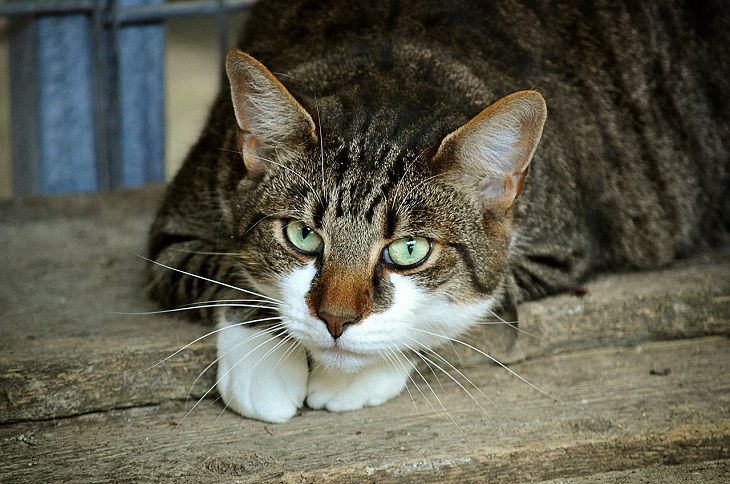Domestic cat myths: Know more about your pet
You can be a keen cat lover and still believe in many myths about domestic cats - that's how myths work!
Luckily, lots of animal psychologists and veterinarians share their knowledge to help you learn the truth about your cat's habits.
Let's find out more about the cat facts you shouldn't believe.
Cats Are Independent and Don't Need Human Interaction
While cats are often associated with independence, they still require social interaction and companionship.
Cats form strong bonds with their human caregivers and can experience loneliness and behavioral issues if left alone for extended periods.

Cats Hate Water
While many cats may be averse to water, it is not an absolute characteristic of all cats.
Some cats are curious and may enjoy water-related activities, while others may tolerate or even enjoy being bathed.
Cats Are Completely Nocturnal
While cats are crepuscular animals, meaning they are most active during dawn and dusk, they are not strictly nocturnal.
Domestic cats can adjust their activity patterns to fit their environment and the routines of their human families.
Cats Purr Only When They Are Happy
While purring is commonly associated with contentment, cats may also purr when they are anxious, stressed, or in pain.
Purring can serve as a self-soothing mechanism for cats and may not always indicate a positive emotional state.
Cats "Spraying" Is Only Related to Marking Territory
Cats may engage in urine marking behavior, commonly known as "spraying," to mark their territory.
However, spraying can also be triggered by stress, anxiety, or medical issues such as urinary tract infections.
It's important to address the underlying cause and provide appropriate environmental enrichment and veterinary care to prevent or resolve spraying behavior.


